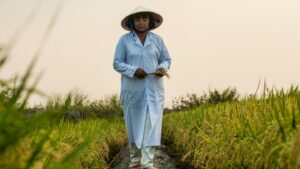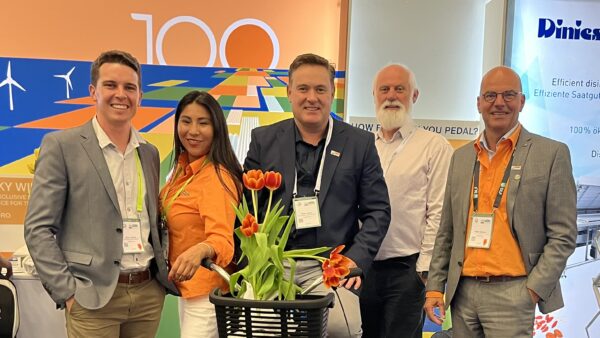Board of Directors finances the Tanzania Agriculture Inputs Support Project to mitigate food security threats and climate-induced stresses.
The Board of Directors from the African Development Bank Group recently announced they will be offering $73.5 million to back a program made to enhance food production in Tanzania by a million tons over three years.
The Tanzania Agricultural Inputs Support Project will begin in September 2022 and will run through June 2025. The project, created by the bank group’s African Emergency Food Production Facility, sets out to address the potential food crisis worsened by the war in Ukraine. The goal is to strengthen the country’s ability to become self-sufficient for wheat and edible oil manufacturing by 2030.
The approval includes a $2.5 million grant from “the resources of the African Development Fund, the bank group’s concessional window and a $71 million loan. The bank’s contribution represents 87.3% of the project’s total cost, estimated at $84.07 million. The Tanzanian government will provide the balance of $11 million,” according to a release by the bank group.
The support will help build up the supply of enhanced wheat, sunflower and rice seeds that are resilient to the climate. Funds will also ensure fertilizer is available and affordable and will back policies that “improve the regulatory environment for the rapid uptake of certified seeds and fertilizers,” added the release.
“The Russia-Ukraine conflict, combined with the impacts from Covid-19, climate change and resultant high prices for fuel and fertilizer, has an adverse impact on poverty and food insecurity. Increases in the cost of edible oils, rice and wheat will affect all households, but hit the poorest most severely,” said Nnenna Nwabufo, the bank’s director general for East Africa.
Tanzania imports over 90% of its wheat, with 67% coming from Russia and Ukraine. Nearly 47% of the country’s vegetable oils come from the two countries and close to 25% of their fertilizer is from Russia, shared the release.
The combined food, fuel and fertilizer blows will result in 1.2 million additional people falling below the poverty line. The project hopes to combat these negative impacts with the additional crop production.
Beneficiaries include “1,000 small and medium-scale seed producers and agro-dealers and 10,000 unemployed young women and men through jobs in the wheat, sunflower and fertilizer value chains,” said the release.
Land under wheat production is predicted to grow from 100,000 ha to 400,000 ha by 2025. Wheat, sunflower and rice yields will double as a result of the improved climate-resilient seeds.
The project lines up with Tanzania’s Development Plant to increase agricultural production, boost incomes, generate employment and diversify products, Tanzania’s Minister of Agriculture, Hussein Bashe, believes.
Read More About Efforts to Combat Food Insecurity:
Global Food Security is in the Hands of the Next Generation
Seed Banks Could Hold the Key to Food Security, Climate Change Mitigation













